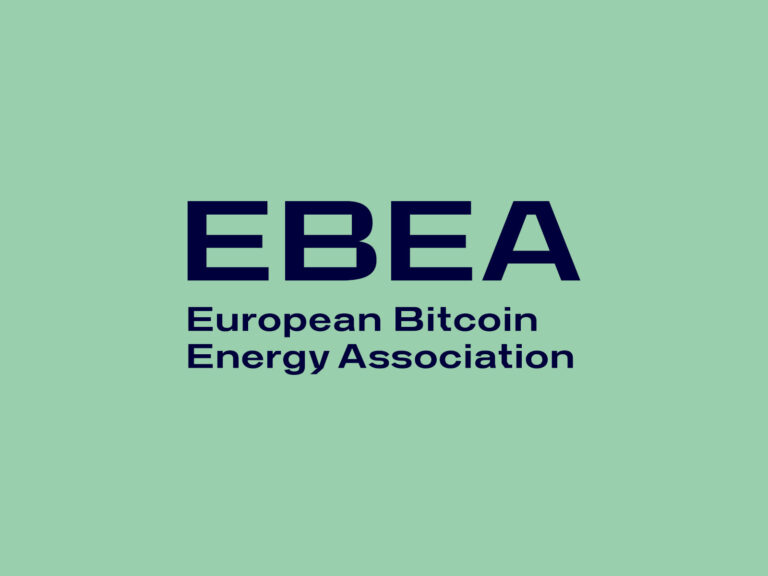
Mark Morton, Managing Director of Irish bitcoin mining company, Scilling Digital Mining, and Chairman of EBEA, states: “We know that bitcoin mining can be climate positive and serve as a beautiful way to load-manage energy grids. Despite this, we see an oftentimes hostile political and media environment that is frequently not based on facts. We as an industry must also acknowledge that we have not done our part by producing good quality data. This needs to change and this is exactly what EBEA is aiming to do.”
Founding members of the Association include Irish bitcoin mining company, Scilling Digital Mining, Swiss bitcoin mining infrastructure provider, Prosperity Digital, Czech bitcoin mining pool, Braiins, German crypto exchange, Börse Stuttgart Digital Holding GmbH, Austrian bitcoin exchange, Coinfinity GmbH, German bitcoin educator, Roman Reher („Blocktrainer“) and German bitcoin energy research company terahash.energy GmbH as well as other knowledgeable individuals from the fields of European climate and energy policymaking.
Are you interested in becoming a member of the organization? Click here.
Are you a politician or representative of the media and would like get in touch? Please reach out to us here.
About EBEA
The Association’s mission is to:
- Help develop an understanding of Bitcoin mining and its relationship with energy infrastructure in the European Union;
- Foster dialogue with multiple stakeholder groups, including politicians, media and the general public;
- Contribute to the goals of the European Green Deal by gathering empirical, comprehensible and peer-reviewed-data to inform policy decision-taking.